I have shelves of books about evangelicalism as I have gone through spurts when I would read through half a dozen or so in a row, tire of the discussion, and move on. Only to return later to new studies. Wash, rinse, repeat.
The most boring question of all, but one everyone of these books seems to have to ask and answer, is this: What is evangelicalism?
John Stackhouse couldn’t resist that question in his fine little book in the widely read and much appreciated Very Short Introduction series with OUP. His book has the not-so-adventurous title Evangelicalism. I cannot do service to his book in one post review but I want to give you a feel for the book and raise some questions for us to discuss.
If the “What is it?” question is the boring-est question these books probe, the most stimulating question I’ve heard, but which is rarely answered, is “Why is evangelicalism?” That is, Why is it what it is? One of the few who probes this question is Kristin Kobes Du Mez. She pushes into this question from one or two angles, but there are others to probe as well.
Back to the boring-est question: What is it?
Photo by Roberto Huczek on Unsplash
Stackhouse probes three approaches: the true theology, a movement, or a style. He opts for the third in a (at least to me) surprising move. By style he means a kind of 3d way: neither strictly conservative nor strictly liberal/progressive, it is both and neither at the same time. It preserves the past’s major conclusions and yet adapts and adapts and adapts to present conditions, creating what can only be called a hybrid reality of both but never quite the same in different places and different times.
I wasn’t quite sure what to make of this, in part because I have often thought many evangelical leaders wanted to start all over again, which is in fact quite liberal, in part because many evangelicals claim they are the true heirs of the Bible and the orthodox faith, but I also was expecting him to make more of this in the book in an overt manner. It’s subtle; it’s there; but it could have been brought to the surface more often. I don’t know others who contend evangelicalism is a style. Claims like that deserve fleshing out.
So, what is his answer to the boring question? The standard answer to this today comes from David Bebbington: Biblicist, Conversionist, Crucicentric, and Activist (evangelism, activism in society). Stackhouse has participated in this conversation for years.
Six features make up evangelicalism for Stackhouse:
(1) Trinitarian;
(2) Biblicist;
(3) Conversionist;
(4) Missional;
(5) Populist;
and (6) Pragmatism.
Some observations about these:
First, I grew up in this movement/style and we were anything but Trinitarian. Of course it was in our “Statement of Faith,” which was written by our church and probably our pastor, but it wasn’t much else. We just didn’t learn to think Trinitarian-ly. My college theology professor was Trinitarian, too, but he didn’t do Trinitarian theology so much as biblical theology. My education at TEDS was not so much Trinitarian as it was biblicist. By all means, yes, for sure, in all these pockets of evangelicalism we affirmed the Trinity without question but we weren’t Trinitarian thinkers. I wonder if he’s thinking his #1 is more prominent now (and it is) than it has been (so it seems to me). One thing is clear: he sees clear evidence that among evangelicals Father matters, Son matters, but so does the Holy Spirit. (My church had some basic nervousness about the Spirit. Then came the charismatic movement, which my youth pastor called “demonic.” Oy!)
Second, Yes for sure on Biblicist and Conversionist, but his “Missional” seems a bit out of sync with how the term is now used. He opens that section by saying evangelicalism is all about “evangelism,” but that term and “missional” are not the same as I understand them. And I would say only some of evangelicalism is missional while most of it is evangelistic, which if it means “missional” for him, then we’re all good.
He hits something vital when he adds Populist. The cry of Mark Noll for how-long-now is about the scandal of the evangelical mind, and that cry will continue because evangelicalism is inherently populist and not elitist and not intellectual and not sophisticated. Check out its music and its congregationalism (where did he get the word “voluntaryism”?).
Pragmatism, for sure. And neither Populism nor Pragmatism are admitted by most evangelicals, no matter how true and accurate these terms are. Robert Webber years ago wrote about the pragmatic trend among evangelicals, and at the time he had his eyes on Bill Hybels and the megachurch movement.
Stackhouse has some sections, solid to be sure, on women in evangelicalism but he could have discussed how male-centric it has been and still is too, and why and how this has shaped what it is. And it is white-centric in tangible and important ways, too; Adrian Warnock’s book is a big help here. I don’t think Black Christianity in the USA should be called “evangelical,” regardless of how much they overlap. There are also reasons to connect evangelicalism to its centers of publication and education, both in North America and in Europe. That is, there is a certain institution-centric feature to evangelicalism. Dare we say also hero-centric, too? These are part of the Why? question mentioned above.
He opens the book by saying that the typical evangelical is no longer “white, middle-aged, and middle-class” but now is “not white, and she is probably a shopkeeper, clerk, or artisan living somewhere in sub-Saharan Africa or in a Latin American city.” That diversity shows up often in the book. Its conversionist theme created its world-mission theme. Modernity captured the European and North American nexus while the vibrancy of the movement continues to grow in the rest of the world.
So, for me, Stackhouse’s book makes a contribution in this little book with both the Populist and the Pragmatic categories. It is populist; it is pragmatic. More could be said about each one, but his book is not an extensive study but a comprehensive overview of everything and everywhere. Which meant quite a few pages skimming and scanning all sorts of features of global evangelicalism that could only be stated in a few lines.
Here's where this book should be located: in classrooms for students who haven’t a clue about evangelicalism. American evangelicals are increasingly ignorant about their history. In fact, many are so embarrassed by it that they don’t want to know its history. They need to know it and this book will do it for them. It’s an easy read.
“Evangelicals have seen themselves, generally, as generally orthodox in doctrine, “orthopraxy” in practice, and “orthopath” in sentiment.” That is, they believe the classics of the faith, they believe in activism, and they believe in a heart-felt change and experience of God through the Spirit. Lots of Wesley in this book, lots of pietism and lots of Pentecostalism, too. These are all part of the Conversionist theme.
Stackhouse raises challenges to evangelicalism today, including historical criticism, science, secularism, liberal theology, socio-political ideologies, and sexuality challenges.
Here’s a big question I have faced time and time again in the last two decades teaching: Who cares about evangelicalism? This question may be the question or the tone or, to use his term, the style, of many who were reared in evangelicalism. Many are answering it with “I don’t.” The significance of evangelicalism, which is part of the Why? question, may be the biggest question facing whatever it is.

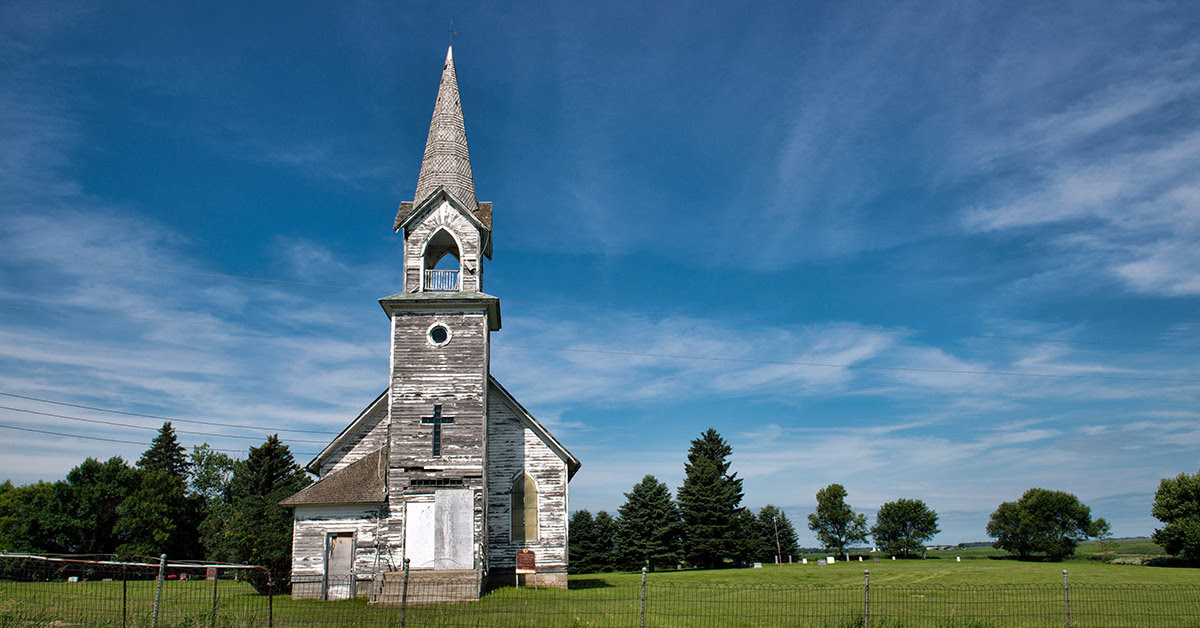

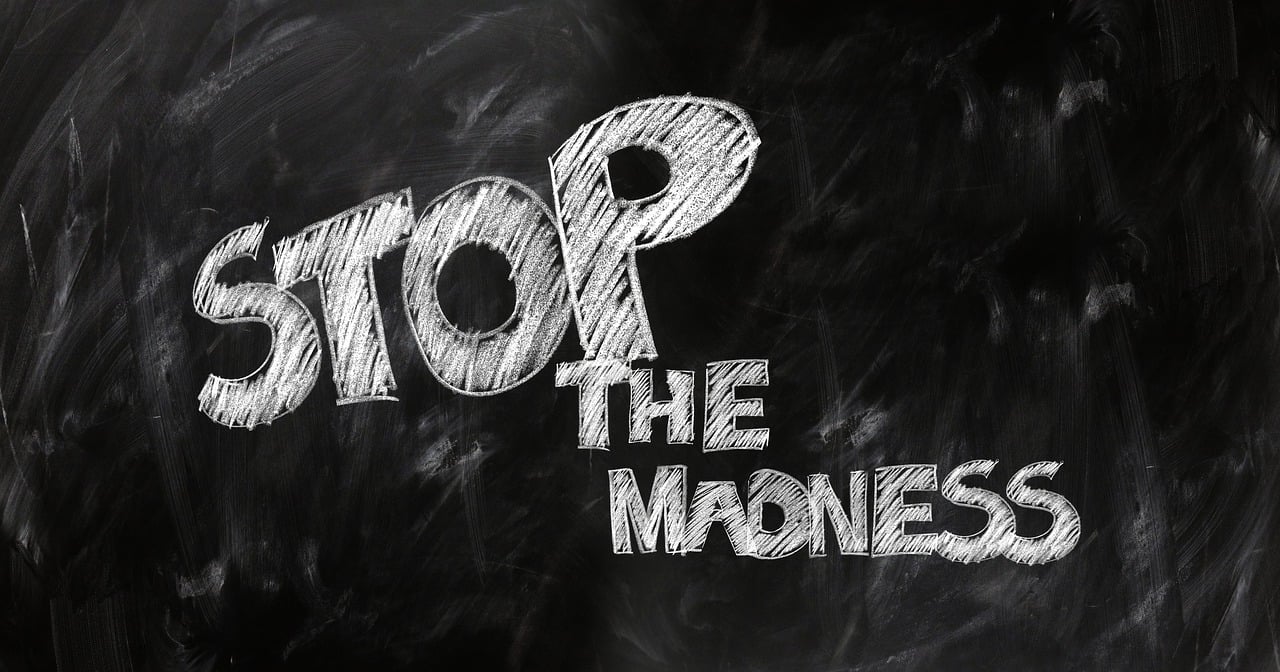
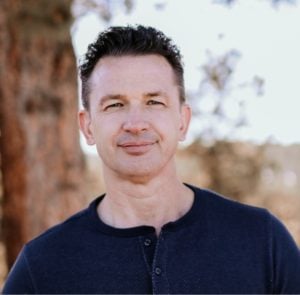



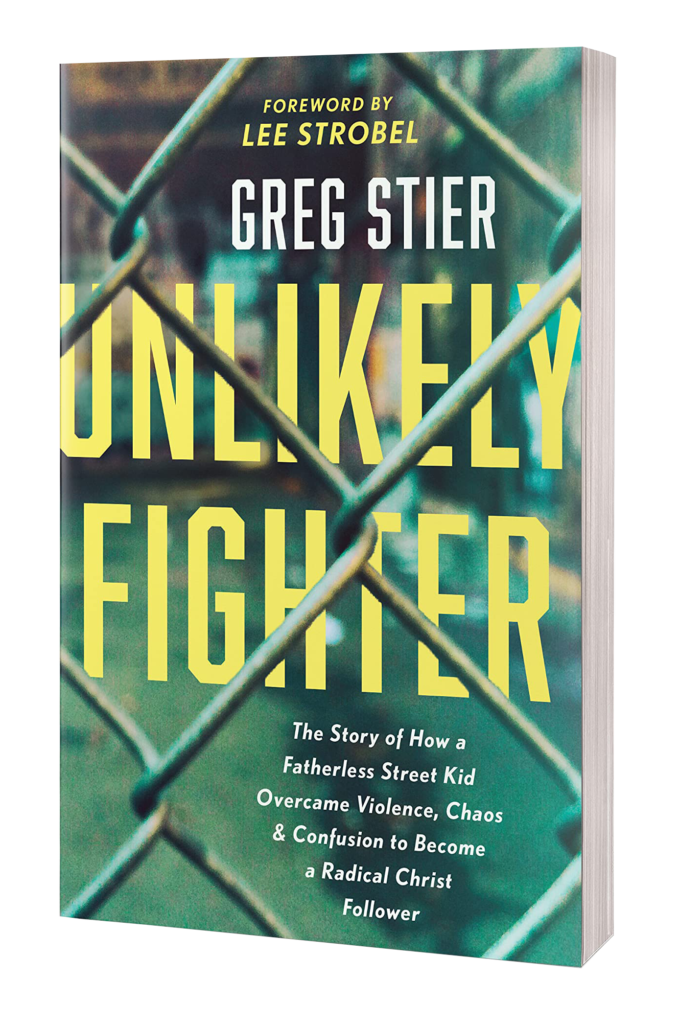


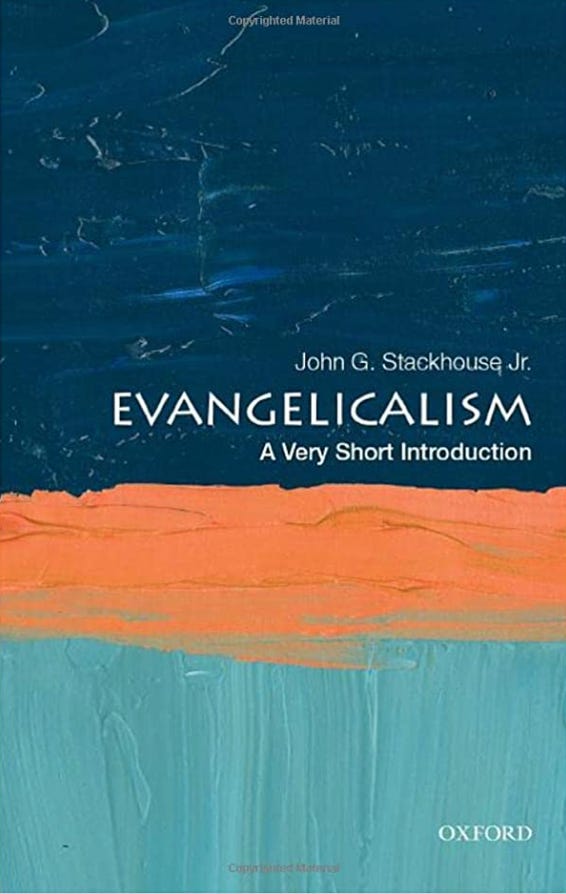
AAUUGGHH! A topic on which I could write and write and right now I'm on vacation in Virginia and I can't access anything that would give substance to my experience of "evangelicalism." I grew up in it, actually as a fundamentalist evangelical. As a child I could not understand why God would send to hell all the members of other "Christian" denominations. It never made sense to me when I read the Bible, but who was I to question all those wise men teaching me? After struggling with this from age 8 to age 14, I walked away inside my head, but stayed in for decades because I was afraid to leave. Thanks, too, to John Stackhouse for your "thoughtful, charitable, and provocative reflection" on Scot's post.
Thanks for this characteristically thoughtful, charitable, and provocative reflection, Scot. You'll appreciate how many times I had to rein myself in on this or that question in order to meet OUP's requirement of 35,000 words for the whole (little) book! But I'm glad you see how I did indeed resist the urge to focus overmuch on issues that really are of interest mostly to white Americans, which I think white Americans such as yourself will generally find refreshing (although people keep asking me already why I didn't talk more about Trump and white Christian nationalism and I have to just keep saying that the world is a big place and so is global evangelicalism!).
"Missional" means for me what I think it does for you, too, and you'll recall I do talk about Latin American advocacy of "integral mission" at Lausanne 1974, even as evangelicalism undoubtedly is at the centre of evangelicalism's view of mission.
And "populism" and "pragmatism" do explain a lot, don't they? I'm glad my pre-publication readers agreed (the estimable Mark Noll, Mark Hutchinson, and Brian Stanley) that these deserved inclusion in the Stackhouse Six (as one friend has already called my list).
Finally, "Trinitarian." Yes, a lot of evangelical churches in the Anglosphere have been "Father + Son"—and not much Spirit—but as Bruce Hindmarsh and others have shown, the Spirit suffuses early evangelicalism and, indeed, many evangelicals throughout the nineteenth and twentieth centuries especially outside the ambit of fundamentalism (in which ambit I expect you and I were both raised).
So let's hear it for global evangelicalism, multi-ethnic evangelicalism (Black evangelicalism is only "not evangelicalism" if you're a white American who focuses overmuch on Billy Graham-type evangelicalism), multi-traditional evangelicalism (from Anglican to Mennonite to Presbyterian to Pentecostal), and multiply-gifted evangelicalism. Who cares about evangelicalism? Well, pretty much everyone should. And if white Americans can get a global view, and even this little book will help, I think they'll care more about it, too!